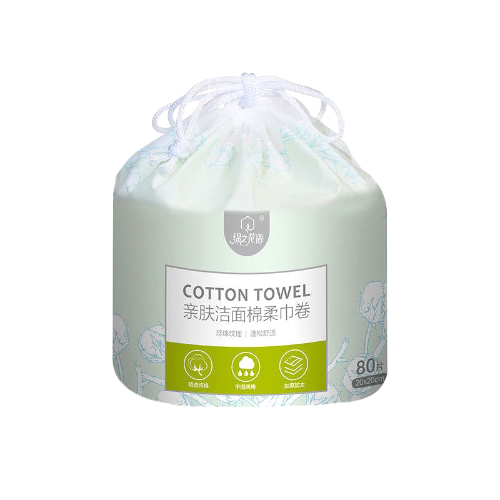News
News
How does Soft Facial Tissue benefit the user?
Soft facial tissue serves several purposes and solves various problems related to personal hygiene, cleanliness, and convenience. Some of the primary problems it addresses include:
Personal hygiene: Soft facial tissue is commonly used for wiping and cleaning the face. It helps remove dirt, sweat, and excess oils, providing a quick and easy solution for maintaining personal hygiene, especially when soap and water are not readily available.
Sneezing and coughing: Tissue paper is often used as a disposable alternative to handkerchiefs. It helps to contain and dispose of nasal discharge, mucus, or coughed-up phlegm, preventing the spread of germs and reducing the risk of infections.
Runny nose: During colds or allergies, soft facial tissue provides relief for a runny nose by absorbing excess nasal secretions. This can help prevent discomfort and irritation on the skin around the nose.
Makeup removal: Soft facial tissue is gentle on the skin, making it suitable for removing makeup without causing excessive friction or irritation. Its soft texture helps prevent damage to sensitive facial skin.
Hand drying: In some situations, soft facial tissue can be used for hand drying, especially when hand dryers or towels are not available. While not as effective as proper hand towels, it still helps remove excess moisture from hands.
Convenience and portability: Tissue paper comes in small, compact packages, making it easy to carry in pockets, purses, or bags. This convenience allows people to have a handy solution for various hygiene needs while on the go.
Cleaning small spills: Soft facial tissue is often used to clean up small spills and messes. Its absorbent properties help to soak up liquid and maintain cleanliness.
General cleaning: Tissue paper can be used for light cleaning tasks, such as dusting or wiping down surfaces. Its softness makes it suitable for delicate items or surfaces.
Besides,Soft facial tissues offer several benefits to the user, making them a preferred choice for personal hygiene and comfort. Here are some advantages of using soft facial tissues:
Gentle on the Skin: Soft facial tissues are designed to be gentle and non-irritating to the skin. The softness of the tissue minimizes friction and abrasion, reducing the risk of skin irritation, redness, or discomfort, especially when used on sensitive areas like the face.
Absorbency: Soft facial tissues have excellent absorbency, allowing them to effectively soak up moisture, oils, and other substances from the skin. Whether it's wiping away tears, sweat, makeup, or nasal secretions, soft tissues can efficiently absorb and trap liquids, helping keep the skin clean and dry.
Versatile Usage: Soft facial tissues have versatile applications beyond just blowing your nose. They can be used for various personal hygiene needs, such as removing makeup, cleaning the face, or wiping away dirt and impurities. They are also convenient for quick touch-ups, refreshing the skin, or for general cleaning purposes.
Hygienic: Facial tissues are single-use disposable products, which means they offer hygienic benefits. Each tissue is used only once and can be easily disposed of, reducing the risk of cross-contamination and the spread of germs or bacteria. This is particularly important during cold and flu seasons when it's essential to minimize the transmission of pathogens.
Portable and Convenient: Soft facial tissues are lightweight and come in compact sizes, making them easy to carry and convenient for on-the-go use. They are often available in portable packs or pocket-sized packs, allowing you to have them readily available whenever needed, whether you're at home, at work, or traveling.
Soft and Comfortable Feel: The softness of facial tissues provides a comfortable and pleasant experience for the user. The soft texture is gentle against the skin, offering a soothing sensation during use.
Multiple Ply Options: Soft facial tissues are available in different ply options, typically 2-ply or 3-ply. The multiple layers contribute to the overall softness and strength of the tissue, providing better durability and preventing the tissue from tearing or breaking easily during use.





 English
English 中文简体
中文简体









